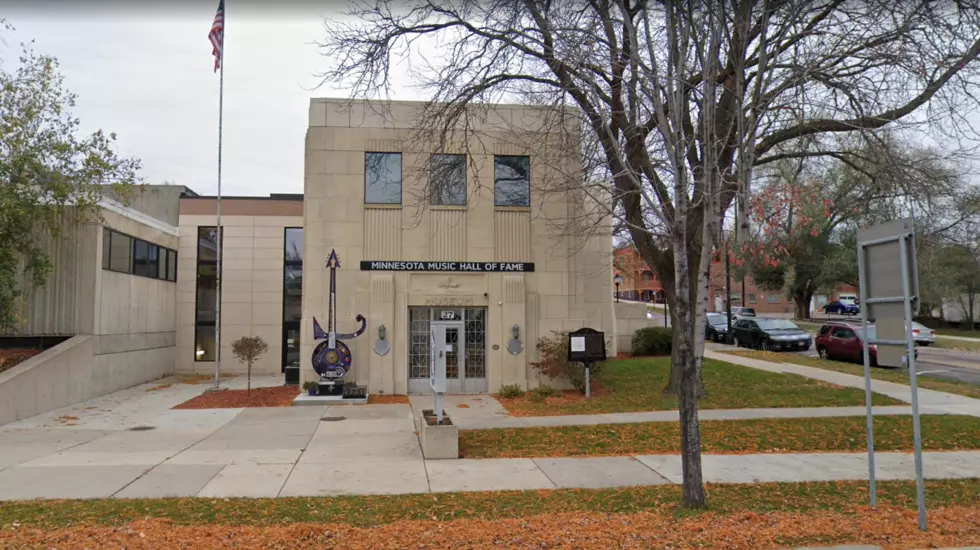
The Greatest Steel Guitar Player in History Has Died. Buddy Emmons Was 78
Just this past week I was talking to a friend and said, Is there a musical instrument more unique to a particular music genre' than steel guitar to country music? Guitars are found in a lot of different types of music, drums are everywhere. Even banjo's and fiddle's can be found across musical lines.
But with very, very few exceptions, if you're hearing a steel guitar, you're listening to real, true country music.
No one did it better than the legendary Buddy Emmons. You may not have even realized it, but you've heard Buddy's steel hundreds of times. There's a very good chance that Buddy's steel guitar made your eyes water or gave you that particular chill up your spine.
Buddy Emmons has passed away.
The following is from Billboard Magazine:
Buddy Emmons -- one of the most influential musicians ever on the steel guitar -- died Wednesday (July 29) at the age of 78.
Born Buddy Gene Emmons on Jan. 27, 1937, in Mishawaka, Indiana, his love of the instrument began when his father bought him a six-string lap steel and signed him up for lessons. He quickly took to it, citing Hank Williams’ steel player Jerry Byrd and Herb Remington as two of his biggest inspirations. Emmons began playing with local bands around the Indiana area and left school at the age of 16. His music would eventually carry him to Detroit, where he would go to work for local musician Casey Clark.
It was while playing with Clark that he came to the attention of Grand Ole Opry star Little Jimmy Dickens. Impressed with his playing, the Columbia Records superstar offered Emmons a job in his band, which meant a move to Nashville. After a year with Dickens, he formed the Sho-Bud Company, which became one of the most successful steel companies in the business. He also became a highly sought-after session player, with Faron Young’s recording of “Sweet Dreams” being an early highlight.
His next band experience would come in 1957 as a member of the Texas Troubadours, the touring band for Ernest Tubb. It was on an early Tubb session that Emmons pioneered the use of the “split pedal” sound. By the 1960s, Emmons was continuing to help manufacture steel guitars for Sho-Bud, in addition to his growing session work. He also stayed busy on the road, taking a job in 1962 with Ray Price. As a member of the Cherokee Cowboys, his work on “Night Life” remains one of the definitive licks in the instrument’s history. Emmons remained with Price through 1967, by which point he had left Sho-Bud to start his own guitar company. It was during his years with Price that he recorded his greatest work as a solo instrumentalist, 1963’s Steel Guitar Jazz. The first jazz record to feature Emmons’ trademark instrument, it was critically praised in the pages of Downbeat magazine.
His next move took him across the country to California, where he soon found work with Roger Miller. His work in the late 1960s and early 1970s can also be heard on many records outside of the country genre, such as that of Gram Parsons, the Carpenters and Ray Charles. He also played the famous steel riff on Judy Collins’ recording of “Someday Soon.” Emmons returned to Nashville in the mid-1970s and would remain one of the most imitated players of his time. He spent 10 years playing for the Everly Brothers and was inducted into the Steel Guitar Hall of Fame in 1981. In later years, he did some session work with Price, Willie Nelson and Johnny Bush, and also was an occasional player on Garrison Keillor’s Prairie Home Companion.
More From KYBB-FM / B102.7









